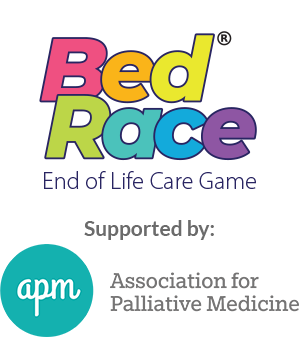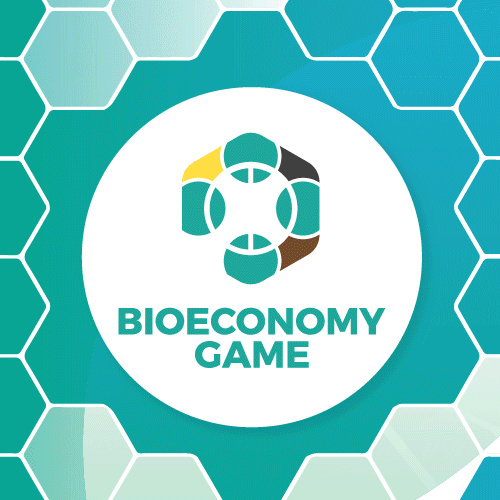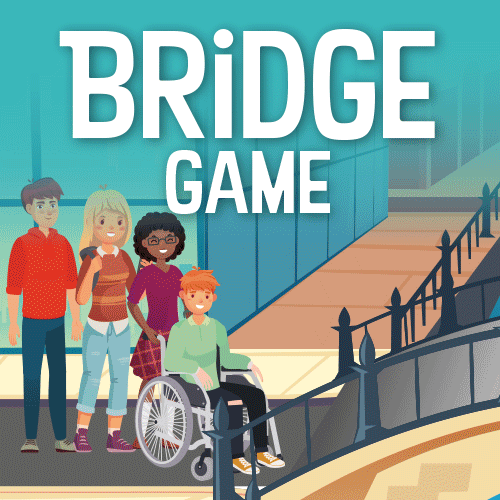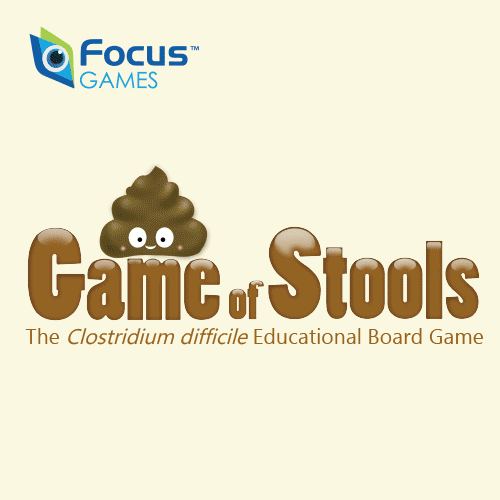Unique medical educational game
Palliative care education is important because many staff and students will care for dying patients. Teaching key knowledge and skills can improve their ability and confidence when providing end of life care.
BedRace is an educational board game that encourages staff to discuss and explore palliative and end of life care. It is an engaging way for all healthcare professionals and students to learn important concepts and practical skills about palliative care.
‘Engaging way to learn about palliative care.’
Bedrace was invented by senior NHS palliative care consultants to facilitate active learning, conceptualise knowledge and promote collaborative learning and teamwork.
- Multi-professional education
- Reflective learning & debrief
- Team working & communication
- Clinical decision-making
Is Bedrace effective?
Bedrace was evaluated with medical students in Wales and the results were published in BMJ Supportive & Palliative Care in 2021.
Palliative medicine education — Bed Race, The End of Life Board Game in undergraduates
169 (67%) of students completed pregame and postgame anonymous quiz questions and free-text feedback. Postgame quiz scores were higher for each topic, and the difference in the paired pregame and postgame questionnaires was statistically significant (p<0.05). Themes from the free-text feedback included:
‘engaging and fun’
‘peer learning and teamwork’
‘relevant learning’
Results
169 (67%) of students completed pregame and postgame anonymous quiz questions and free-text feedback.
Postgame quiz scores were higher for each topic, and the difference in the paired pregame and postgame questionnaires was statistically significant (p<0.05).
Themes from the free-text feedback included ‘engaging and fun’; ‘relevant learning’; ‘peer learning and team work’.
How does Bedrace work?
BedRace is a flexible training tool for all multiprofessional staff and students. Any senior member of staff can facilitate without external support. Training can happen in the workplace with minimal preparation.
‘Encourages peer learning and teamwork’
It is a competitive game for between 2-4 individuals or teams. Participants compete to move along a pathway depicting the end-of-life patient journey. Teams move forward by correctly answering and discussing questions about palliative and end of life care.
Bedrace can be used as part of formal education or as an informal workplace activity. An average game takes 45 minutes.
The game contains 65 ‘Checkpoint’ question cards and 10 ‘Communication’ cards that teams take turns to answer. Correct answers are rewarded with tokens and the first team to collect all 6 tokens wins the game.
The ‘Checkpoint’ cards are divided into 7 categories:
- General
- Clinical
- Physiotherapy
- Diet
- Occupational Therapy
- Psychological
- Spiritual
The facilitator can preselect cards that will meet each group’s educational needs. This allows great flexibility when teaching or training multiprofessional groups.
How much does it cost?
The game costs £140 plus VAT and delivery. Use it as often as you like with no external support or hidden costs.
Who Invented Bedrace?
Dr Clea Atkinson BM MRCP(UK) Dip Pall Med
Dr. Clea Atkinson is Lead Consultant in Palliative and Supportive Care Cardiff and Vale University Health Board. Clea is an Honorary Senior Lecturer for Cardiff University and Bevan Commission Fellow. She has a special interest in innovation within the field of Palliative and Supportive Care.
Clea and her team won the Medi-Wales award for ‘Innovation within the NHS’ in 2019.
Dr Dylan Harris FRCP MSc FAcadMEd
Dylan is a Consultant in Palliative Medicine in South Wales and has a specific interest in medical education. At undergraduate level, he is involved in core palliative care teaching delivery, student selected component (SSC) modules in palliative care, and an examiner for clinical examinations. He has also been involved in palliative/end of life care question writing for the Medical Schools Council national bank of undergraduate examination questions. At postgraduate level, he is a module lead and MSc supervisor for the Palliative Medicine for Healthcare Professionals Masters programme at Cardiff University, and, the editor of the studyprn online exam revision resource for the palliative medicine specialty certificate examination (SCE).
“BedRace game was developed with support from AgorIP, who are part funded by the European Regional Development Fund through the Welsh Government.
Based at Swansea University’s School of Management, AgorIP helps researchers, entrepreneurs, and inventors take their intellectual property (IP) to the marketplace and make it a commercial success.”
















